Search
Search Results
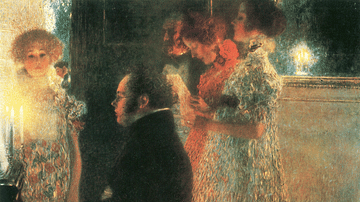
Definition
Franz Schubert
Franz Schubert (1797-1828) was an Austrian composer of Romantic music best known for his songs, symphonies, piano music, and chamber music. Schubert's career lasted only 15 years, but he was a prolific composer. Neither a conductor or virtuoso...
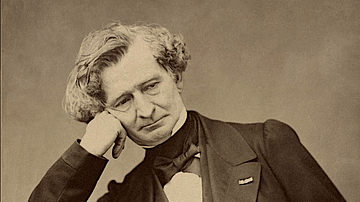
Definition
Hector Berlioz
Hector Berlioz (1803-1869) was the leading French composer of Romantic music, best known for his innovative Symphonie fantastique and use of large-scale orchestras and choruses in works like The Trojans opera. Berlioz's innovative style brought...
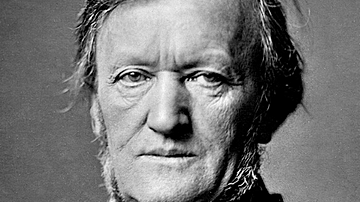
Definition
Richard Wagner
Richard Wagner (1813-1883) was a German composer of Romantic music most famous for his epic operas like The Ring, Tannhäuser, and Tristan and Isolde. Wagner was concerned throughout his career with the theme of redemption through love and...
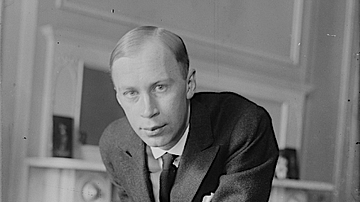
Definition
Sergei Prokofiev
Sergei Prokofiev (1891-1953) was a Russian composer (born in Ukraine) who was at the forefront of the Modernist music movement. His symphonies, orchestral suites, and ballets display endless variety and complexity. His most famous works today...
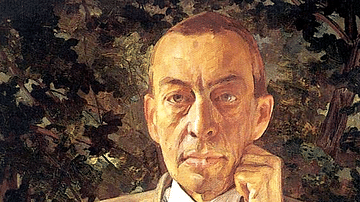
Definition
Sergei Rachmaninoff
Sergei Rachmaninoff (1873-1943) was a Russian pianist and composer best known for his piano concertos and symphonies. He overcame an early ravaging by critics and several years of depression to create works which are today amongst the most...
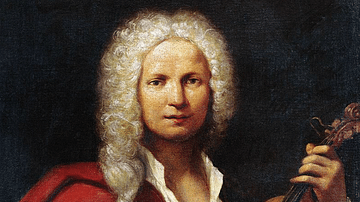
Definition
Antonio Vivaldi
Antonio Vivaldi (1678-1741) was an Italian violin virtuoso and composer of baroque music (c. 1600-1750). Best known for his violin concertos, notably The Four Seasons, Vivaldi made a significant contribution to the evolution of instrumental...
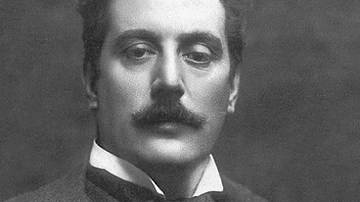
Definition
Giacomo Puccini
Giacomo Puccini (1858-1924) was an Italian composer best known for his operas La Bohème, Tosca, Madama Butterfly, and Turandot. Puccini drew inspiration from a wide range of literary sources, and his late Romantic music with its immortal...
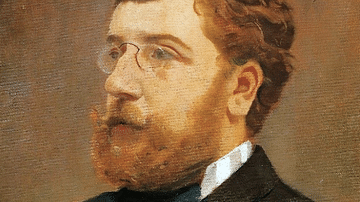
Definition
Georges Bizet
Georges Bizet (1838-1875) was a French Romantic composer best known for his opera Carmen and the instrumental music for the play L'Arlésienne. None of his earlier operas had enjoyed any great success, and even Carmen took several months to...
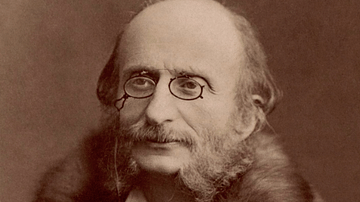
Definition
Jacques Offenbach
Jacques Offenbach (1819-1880) was a composer of German birth who took French citizenship and became famous in Paris for his comic operettas, a genre he created, and for the more serious opera, The Tales of Hoffmann. A virtuoso cellist, conductor...

Definition
Sistrum
The sistrum (rattle) was a musical percussion instrument first used by the ancient Egyptians, commonly used in ancient Greek musical practices, and often depicted in visual arts such as sculpture and pottery. Made from clay, wood, or metal...